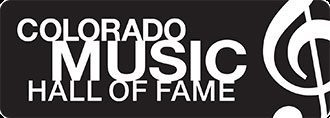Barry Fey
Fresh from Chicago, 27-year-old Barry Fey moved to Denver in 1967 and began his career as one of rock music’s most prolific and successful promoters. After a trip to San Francisco’s Haight Ashbury District and witnessing 100,000 young people plus multiple musicians and bands gathered for “The Summer of Love” he saw the possibilities of introducing that cultural phenomenon to Denver. Fey contacted promoter and counter-culture figure Chet Helms to discuss bringing the scene to a recently closed nightspot which became the “Family Dog” at 1601 West Evans in south Denver.
Fey was the booking agent for the 2,500-seat concert hall, which opened on Sept. 8, 1967, with a show featuring Janis Joplin with Big Brother & The Holding Company as the first headliner, plus the heavy sounds of Blue Cheer. The Family Dog prospered, hosting the cornerstones of rock for ten months—the Grateful Dead, the Byrds, The Doors, Buffalo Springfield, Van Morrison, Canned Heat, Jefferson Airplane, Frank Zappa, Cream and more.
The club struggled to stay open, both financially and with mounting pressure from the Denver police, who disliked the idea of having a hippie haven in their city. Fey and his people were subjected to harassment and illegal searches. The Family Dog closed in July 1968, but for 10 short months, it was the center of Denver’s music universe!
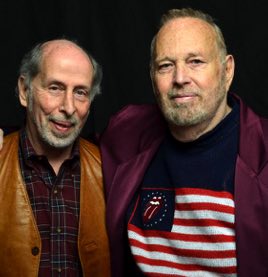
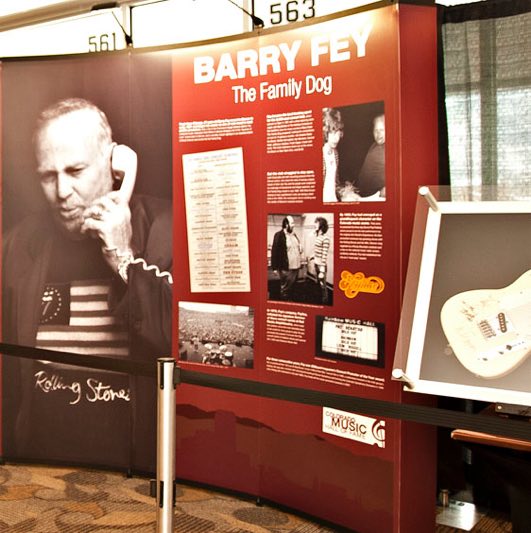
Fey established the city as a “must-play market”
By 1969, Fey had emerged as a grandiloquent character in the Colorado music scene. That June, he presented the three-day Denver Pop Festival, which became the last performance by the original Jimi Hendrix Experience. His company, Feyline promoted hundreds of top-grossing shows with world-renowned acts such as Pink Floyd, Led Zeppelin, Rolling Stones, The Who, Willie Nelson, Parliament Funkadelic and many more.
Denver, long regarded as a Rocky Mountain cow town and a blip on the music radar screen, suddenly mattered. Fey established the city as a “must-play” market!
In 1976, Fey initiated his signature “Summer of Stars” concert series at Red Rocks Amphitheatre, which made the outdoor venue the most desirable place in the world for every group to play. He also promoted the popular “Colorado Sun Day” concert series of stadium shows and opened the 1,400-seat Rainbow Music Hall.
For three consecutive years, Fey won Billboard magazine’s Concert Promoter of the Year award. He co-produced the “U2 Live At Red Rocks: Under A Blood Red Sky” concert film in 1983, a watershed moment in the Irish group’s history. He helped save the Denver Symphony and formed the Colorado Symphony Orchestra in 1989. After flirting with retirement in the late 1990s, Fey finally left the music-promotion business in 2004.
Sadly on April 28, 2013, Barry Fey took his own life and shocked the international music community and especially the city of Denver. Hundreds gathered to pay respects at the memorial honoring the legendary promoter. As William Dean Singleton, chairman & publisher of The Denver Post expressed, “He was one of the giants of a generation …He brought the music scene to Colorado, and every part of the Colorado music scene you see here today has his fingerprints on it.”
Barry Fey exhibit features:
- Fey’s autographed Who and Rolling Stones guitars
- Fey’s U2 Under a Blood Red Sky platinum album
- The Family Dog concert schedule from 1967-1968
The exhibit also includes psychedelic posters and handbills used to promote shows at the Family Dog
Harry Tuft
It has been said that every free-thinking musician has at one time made the pilgrimage to Harry Tuft’s Denver Folklore Center to soak up knowledge from the dean of Colorado’s folk scene. Carrying only his guitar and a leather briefcase, Tuft journeyed west from Philadelphia in 1962 to open a small store selling vintage instruments, records, books and other musical paraphernalia on East 17th Avenue.
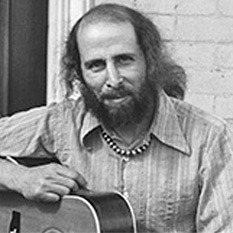
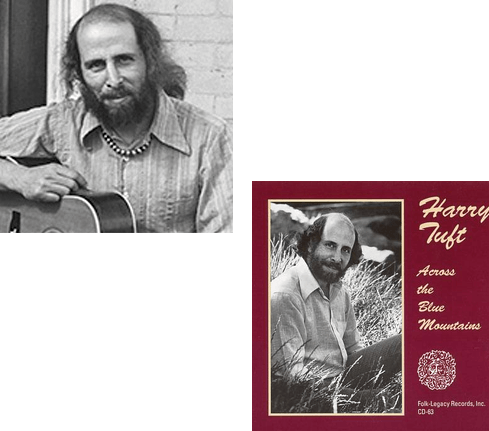
To establish his store, Tuft created what was possibly the first comprehensive “folk source” resource, the Denver Folklore Center Catalogue and Almanac of Folk Music, which merged a mail-order catalogue with a compendium of information regarding stores, manufacturers and music festivals. It was well received at the 1966 Newport Folk Festival and gave the DFC a national reputation among folk musicians and fans.
In the mid-1970s, Tuft summoned several of his longtime Denver friends and conceived the Music Association of Swallow Hill, a nonprofit organization, to run concert promotions and educational services. More than 35 years after its founding, Swallow Hill is one of the largest organizations of its kind in the United States, boasting more than 2,300 paying members who volunteer their time and energy.
In 1993, Tuft moved the Denver Folklore Center to its current location at 1893 South Pearl Street, imbuing it with the same cozy feel of the old store. It remains a cultural and social landmark, the focal point in the community for those interested in acoustic music.
Do you love and appreciate the history of music? Head over to the Colorado Music Hall of Fame, where you get to learn and enjoy the rich history of music in Colorado.
